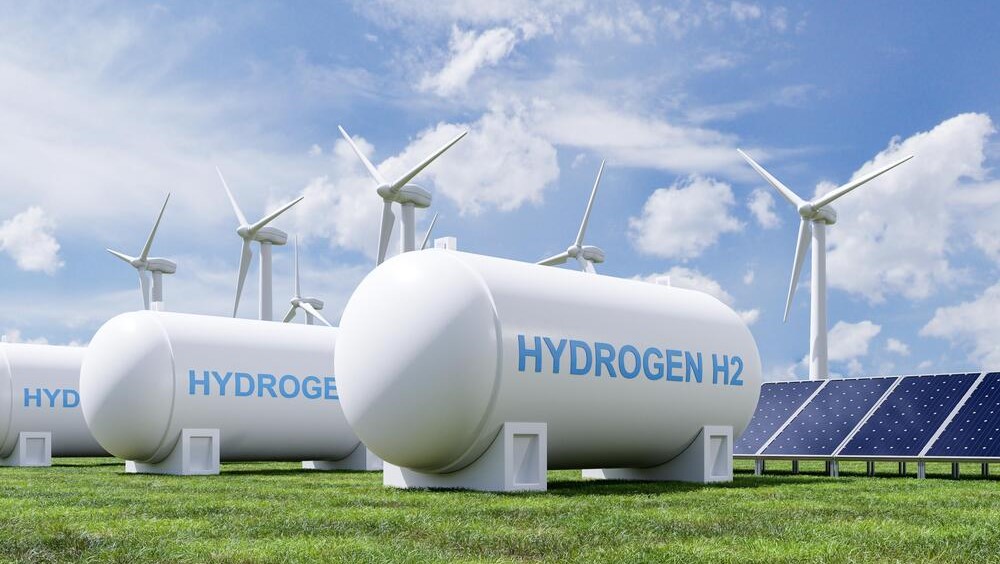The clean energy unit of NTPC Ltd., India’s largest thermal power producer, is developing a green hydrogen hub at an estimated cost of Rs 1.8 trillion ($21 billion) as the country seeks to add more carbon-free fuel to meet its needs. NTPC Green Energy Ltd. is developing the project at Pudimadaka, near the city of Visakhapatnam, in the southern state of Andhra Pradesh. This is the first such project under India’s National Green Hydrogen Mission.
Green hydrogen is produced by using renewable energy to split hydrogen and oxygen atoms in water. India aims to lift green hydrogen production to 5 million tons a year by 2030 from almost zero currently under a strategy to decarbonize heavy industries—including refineries and steel mills—and to become a major supplier of the fuel to global markets. The goal is being championed by state energy giants, such as NTPC as well as billionaires Gautam Adani and Mukesh Ambani.
The investment will include 20 gigawatts of renewable energy capacity to produce 1,500 tons per day of green hydrogen. Additionally, the site will produce 7,500 tons per day of derivatives, including green methanol, green urea and sustainable aviation fuel, primarily targeting the export market, the government said in the statement. Once a site for an imported coal-fired power station, Pudimadaka is being converted into a clean energy hub, a sign of NTPC’s increasing tilt towards clean energy.
Green hydrogen and its derivatives, such as green ammonia, are seen as critical resources to decarbonize the world’s hard-to-abate industries, such as oil refineries, fertilizer and steel, although higher costs are slowing down adoption. In India, companies are seeking offtake deals in export markets, including Europe and Asia, as domestic users balk at costs.
Tags: Andhra Pradesh, Green Hydrogen, Hub, NTPC



Recent Posts
Scandlines Nears Delivery of Zero Emissions Ferry Following Successful Sea Trials
India faces emission roadblocks with rising net-zero demands
Green Energy Resources invests in two electric Liebherr LHM 550
NYK Launches Continuous Use of Bio LNG Fuel on Car Carriers to Advance Decarbonization Goals
Yang Ming Expands Fleet with Methanol and LNG Dual-Fuel Vessels Under Fleet Optimization Plan
ClassNK Advocates Speed Gap Monitoring to Optimize Fuel Efficiency in Heavy Weather
Wärtsilä’s retrofit package for the Corsica Linea ferry Pascal Paoli has resulted in fuel savings of up to 22 percent Corsica Linea
COSCO Shipping Names Second Methanol Dual-Fuel Containership in Yangzhou